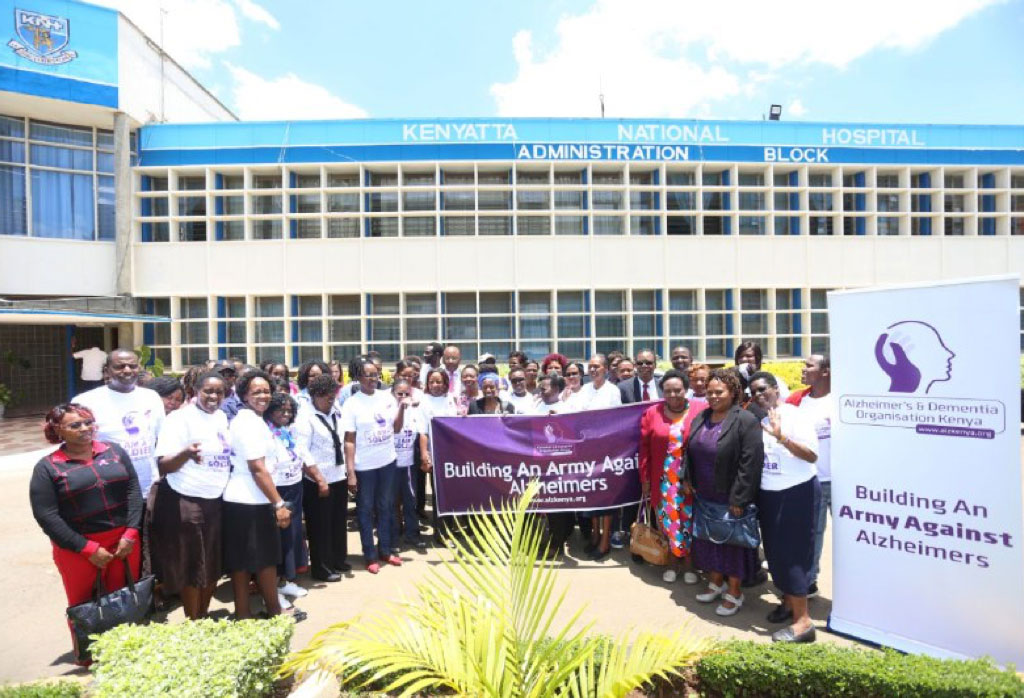Today Bill Gates has announced that he is personally investing $50 million in the Dementia Discovery Fund. Below is a section from his blog announcing the donation. We are excited to see how this commitment will help drive forward the field of dementia and encourage more investment to help research towards better care and an effective treatment for dementia.
If you enjoy the exert below, then do read and share the original post here: http://b-gat.es/2hZ4qXS
“My family history isn’t the sole reason behind my interest in Alzheimer’s. But my personal experience has exposed me to how hopeless it feels when you or a loved one gets the disease. We’ve seen scientific innovation turn once-guaranteed killers like HIV into chronic illnesses that can be held in check with medication. I believe we can do the same (or better) with Alzheimer’s.
“I’ve spent considerable time over the last year learning about the disease and the progress made to date. There’s a lot of amazing work being done in this field to delay Alzheimer’s and reduce its cognitive impact. What I’ve heard from researchers, academics, funders, and industry experts makes me hopeful that we can substantially alter the course of Alzheimer’s if we make progress in five areas:
- We need to better understand how Alzheimer’s unfolds. The brain is a complicated organ. Because it’s so difficult to study while patients are alive, we know very little about how it ages normally and how Alzheimer’s disrupts that process. Our understanding of what happens in the brain is based largely on autopsies, which show only the late stages of the disease and don’t explain many of its lingering mysteries. For example, we don’t fully understand why you are more likely to get Alzheimer’s if you’re African American or Latino than if you’re white. If we’re going to make progress, we need a better grasp on its underlying causes and biology.
- We need to detect and diagnose Alzheimer’s earlier. Since the only way to diagnose Alzheimer’s definitively is through an autopsy after death, it’s difficult to identify the disease definitively early in its progression. Cognitive tests exist but often have a high variance. If you didn’t sleep well the night before, that might skew your results. A more reliable, affordable, and accessible diagnostic—such as a blood test—would make it easier to see how Alzheimer’s progresses and track how effective new drugs are.
- We need more approaches to stopping the disease. There are many ways an Alzheimer’s drug might help prevent or slow down the disease. Most drug trials to date have targeted amyloid and tau, two proteins that cause plaques and tangles in the brain. I hope those approaches succeed, but we need to back scientists with different, less mainstream ideas in case they don’t. A more diverse drug pipeline increases our odds of discovering a breakthrough.
- We need to make it easier to get people enrolled in clinical trials. The pace of innovation is partly determined by how quickly we can do clinical trials. Since we don’t yet have a good understanding of the disease or a reliable diagnostic, it’s difficult to find qualified people early enough in the disease’s progression willing to participate. It can sometimes take years to enroll enough patients. If we could develop a process to pre-qualify participants and create efficient registries, we could start new trials more quickly.
- We need to use data better. Every time a pharmaceutical company or a research lab does a study, they gather lots of information. We should compile this data in a common form, so that we get a better sense of how the disease progresses, how that progression is determined by gender and age, and how genetics determines your likelihood of getting Alzheimer’s. This would make it easier for researchers to look for patterns and identify new pathways for treatment.
“By improving in each of these areas, I think we can develop an intervention that drastically reduces the impact of Alzheimer’s. There are plenty of reasons to be optimistic about our chances: our understanding of the brain and the disease is advancing a great deal. We’re already making progress—but we need to do more.”




